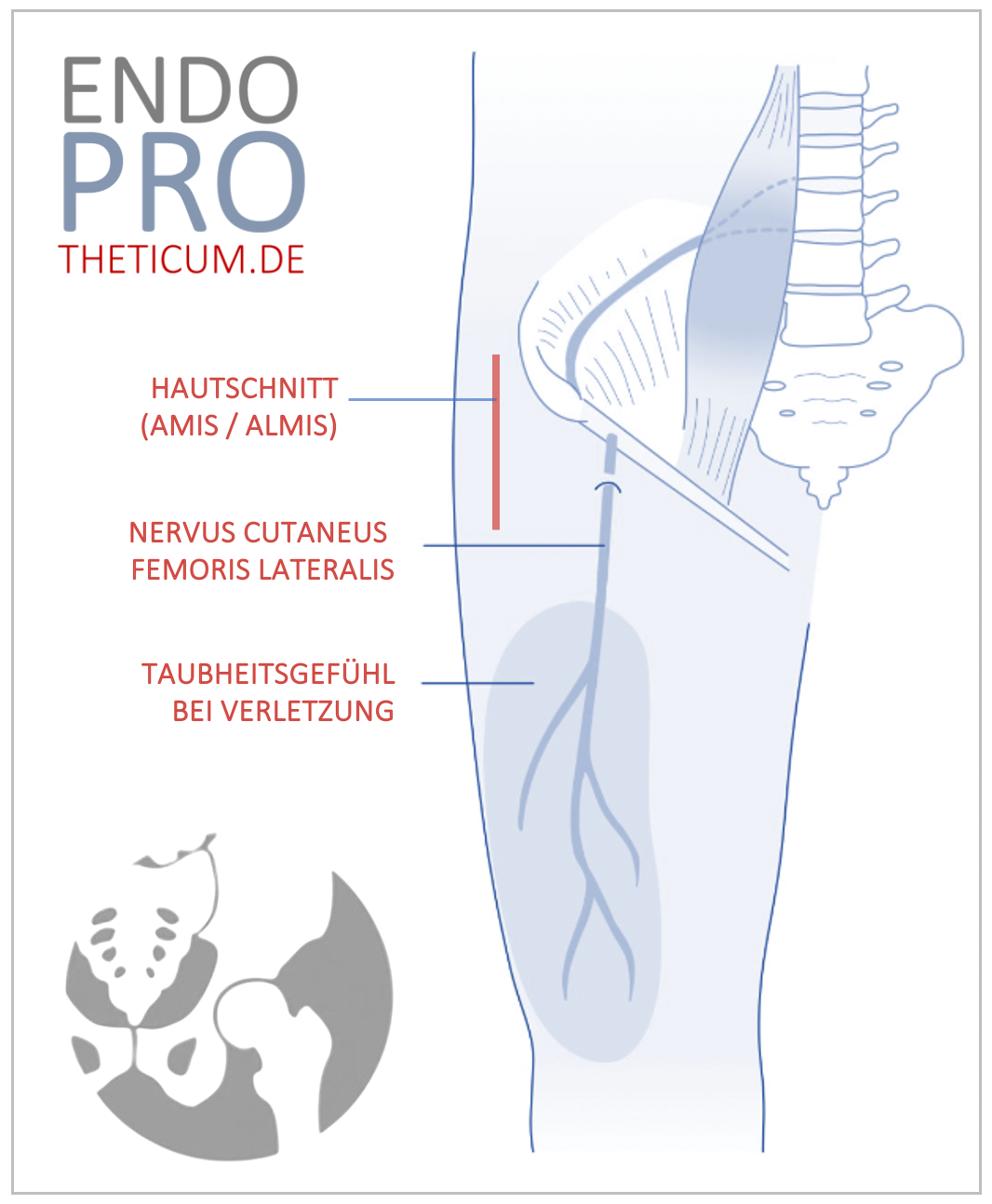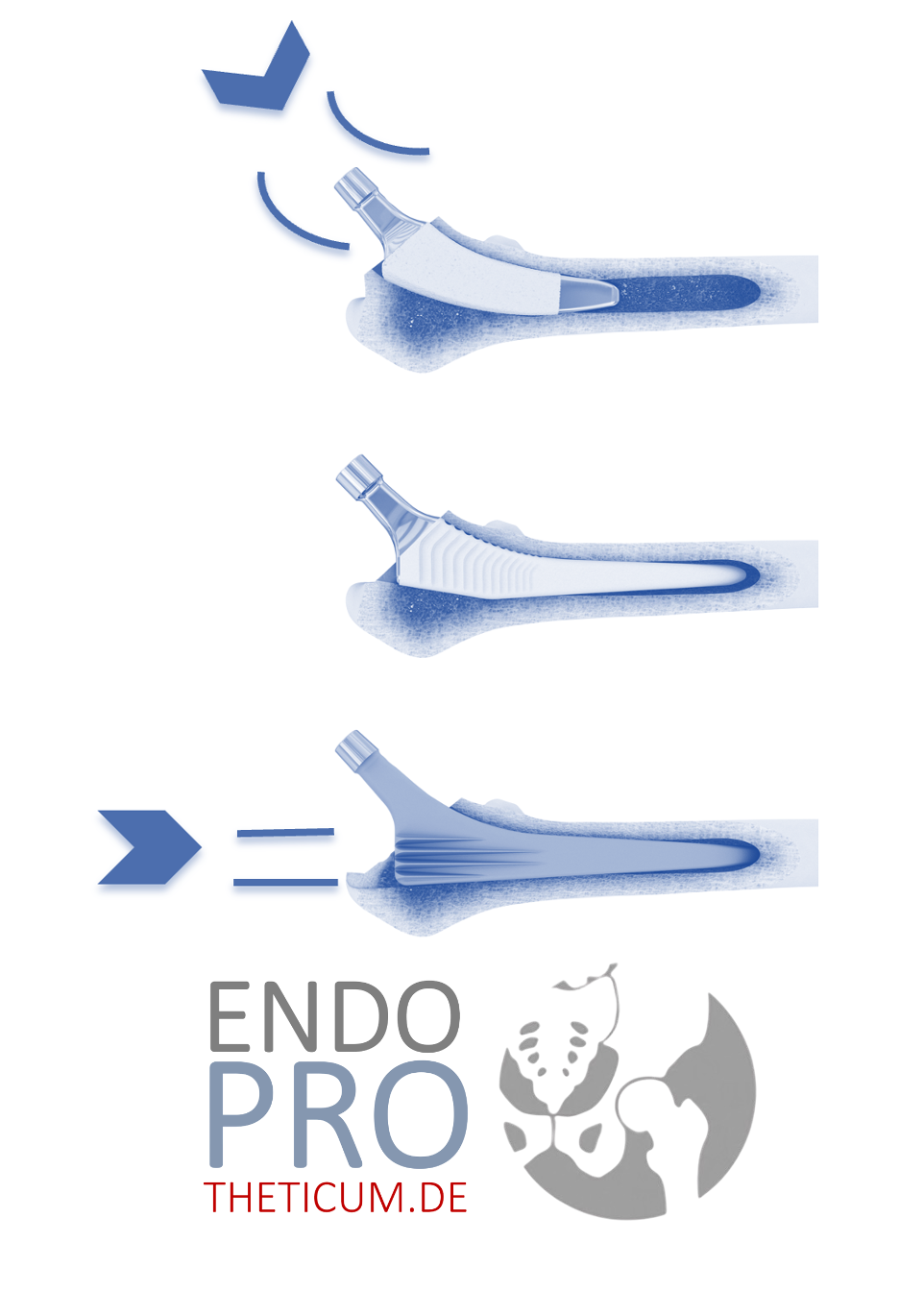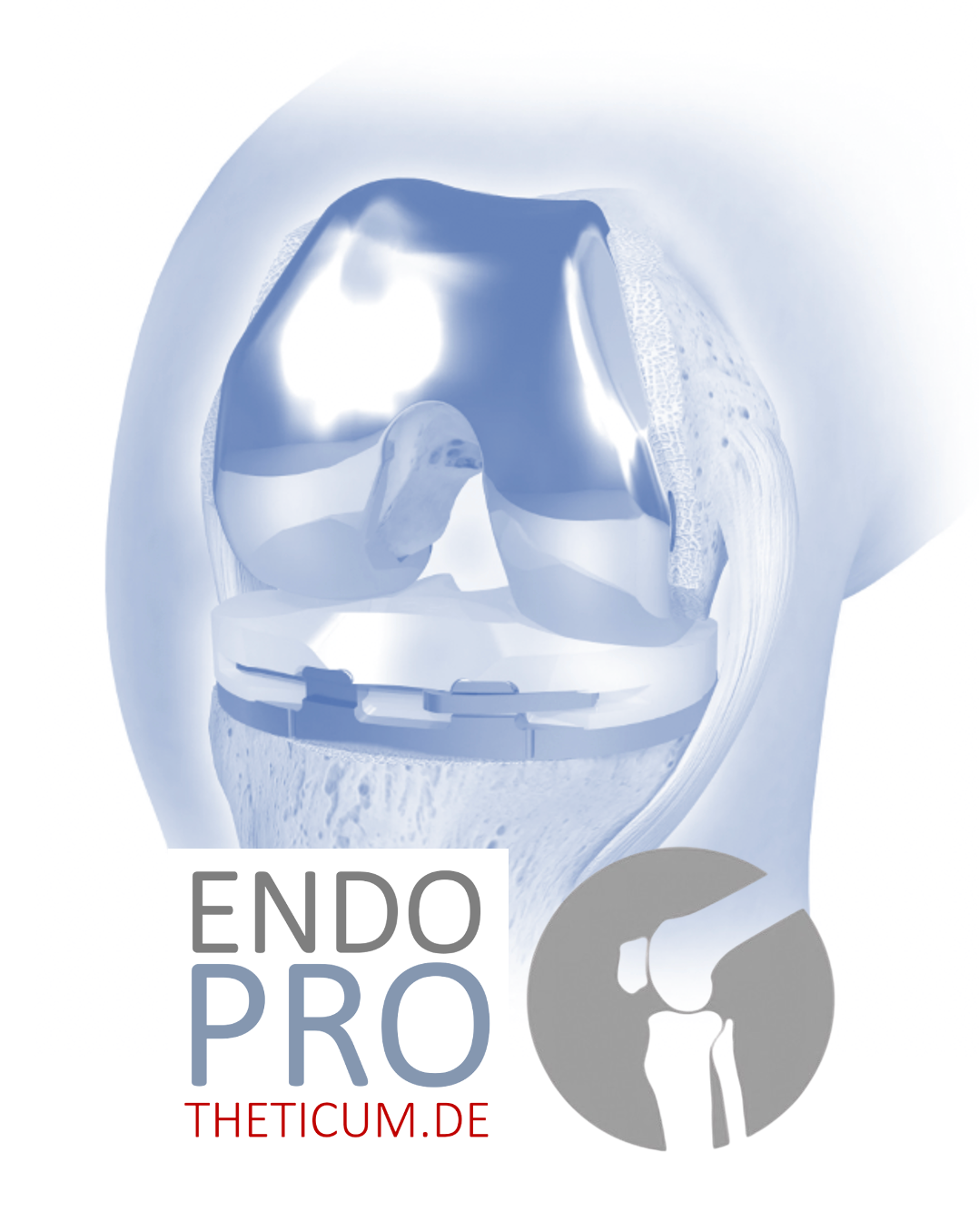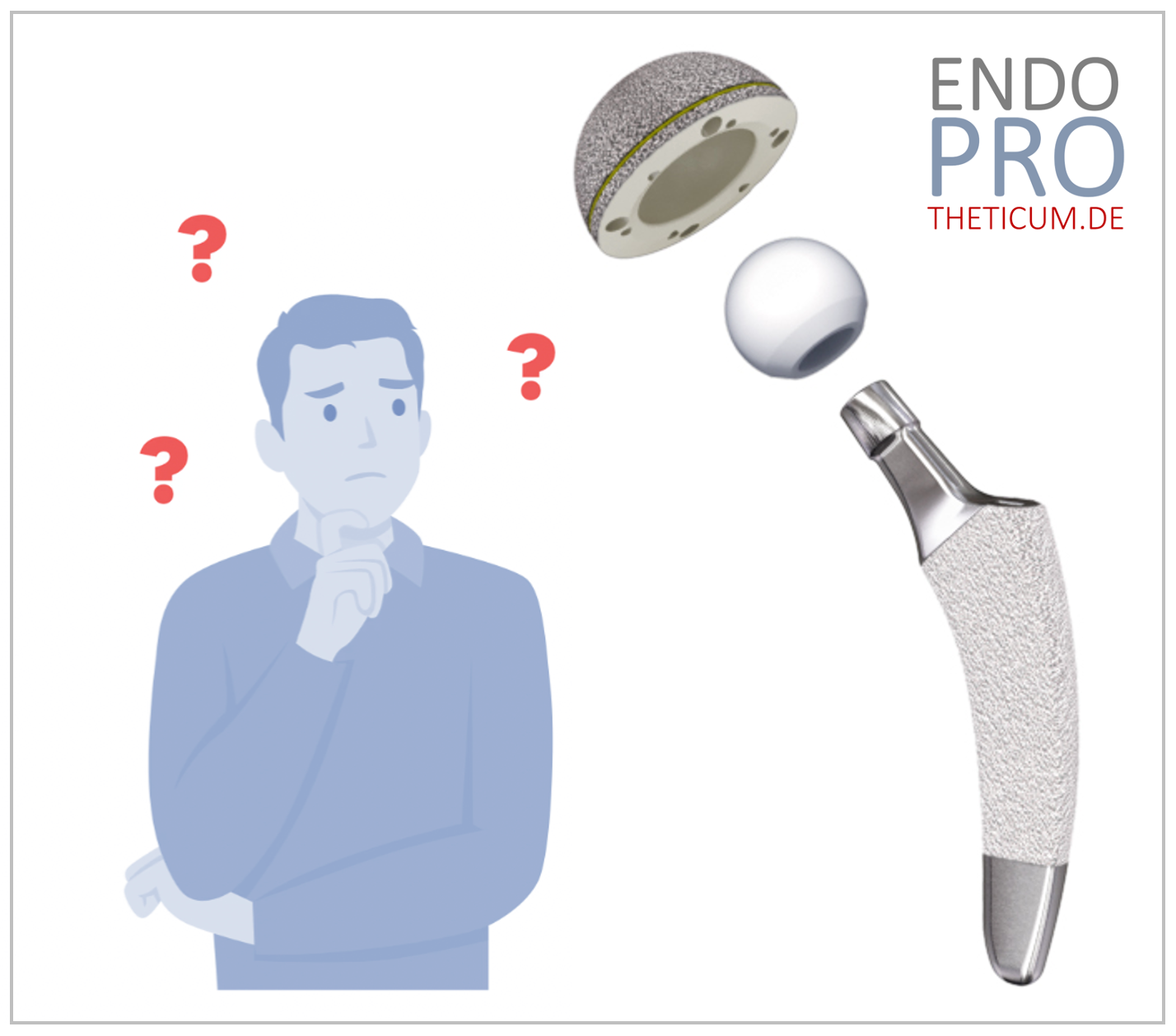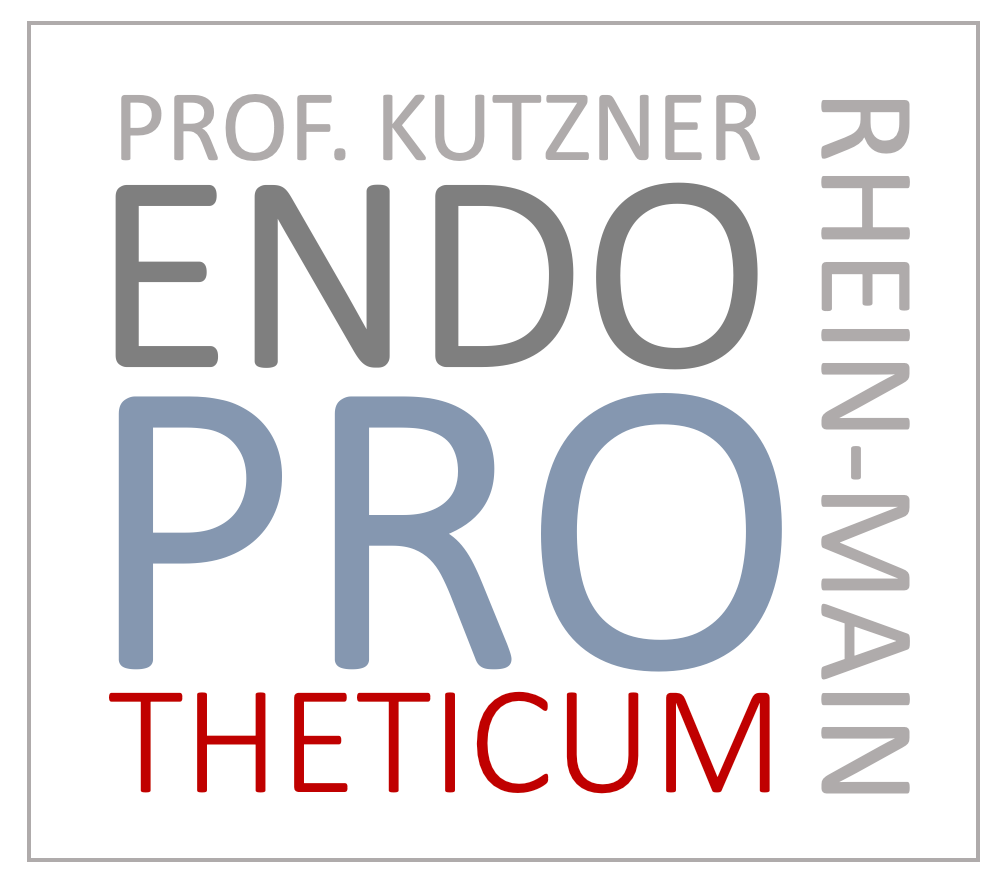Implant certificate for your endoprosthesis - why is this important?
Implant ID card for your artificial joint – A small document with great importance
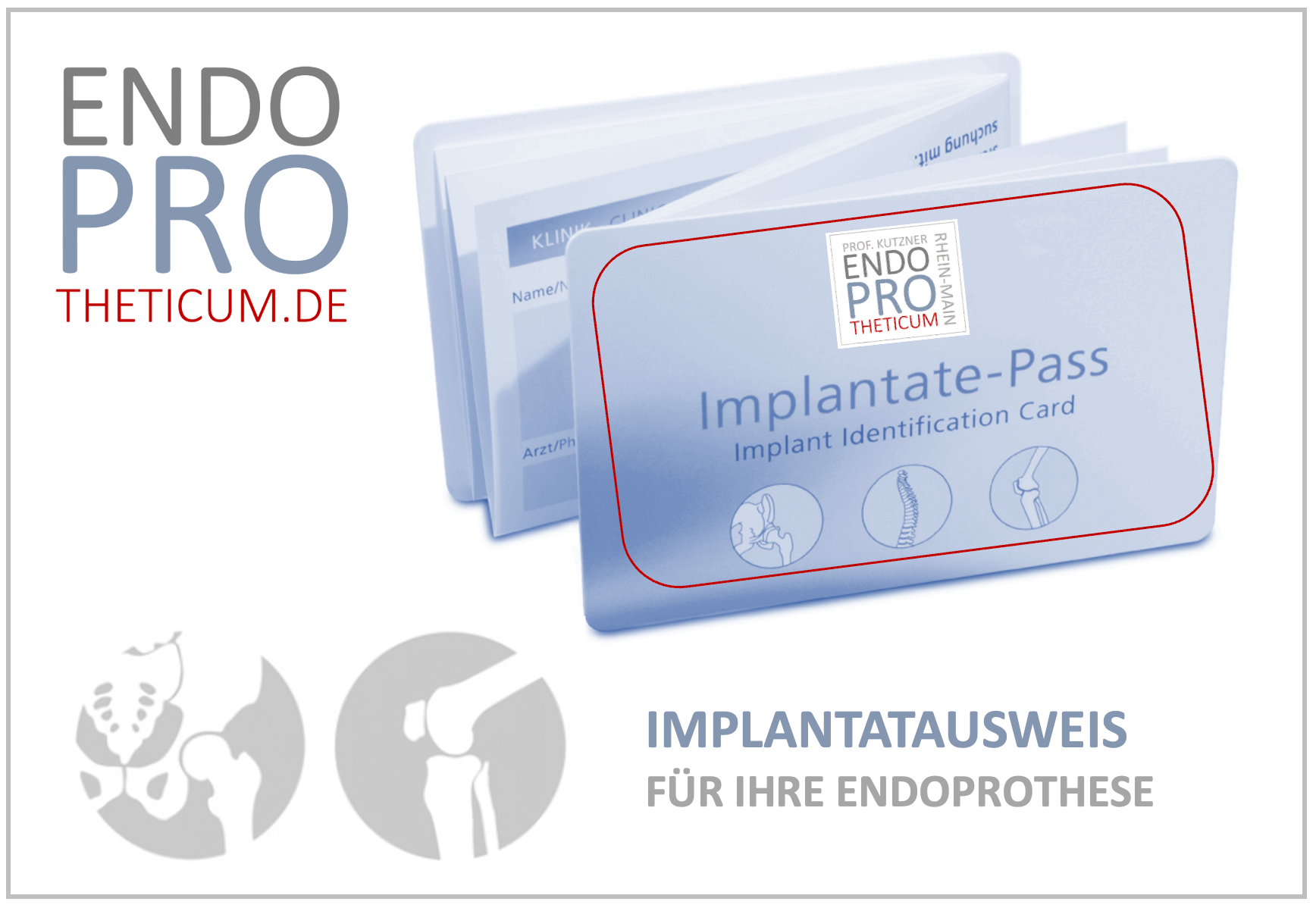
artificial joint or
endoprosthesis today
is usually given a small but extremely important document: the
implant card , also
called
an implant passport But what exactly is this card? Why is it so crucial? And why should you always carry it with you?
This comprehensive article will tell you everything you need to know about the implant card for a hip or knee replacement.
What is an implant card?
An implant card is an official document that contains all the important information about your endoprosthesis or artificial joint (e.g. hip replacement or knee replacement).
The following information is typically included:
- Type and type of implant
- Manufacturer and model
- Serial number and batch number
- Date of implantation
- Name of the clinic or hospital
- Name of the operating surgeon
Since EU Regulation 2017/745 (MDR – Medical Device Regulation), clinics in Europe are obliged to give you an implant passport .
Why is an implant card important for an endoprosthesis?
An implant card fulfills several vital functions:
1. Emergency medical care
In an emergency, such as after an accident, doctors need quick information about your
endoprosthesis .
The implant passport ensures that:
- Your prosthesis will be correctly recognized.
- Necessary precautions (e.g., for MRI scans) must be observed.
2. Travel and safety with a hip or knee replacement
When passing through security checkpoints, such as at airports, metallic implants often trigger alarms.
An implant card allows you to easily prove:
- Why the metal detector was triggered.
- Where the implant is located.
3. Product recalls and product safety
If manufacturing defects are discovered in a particular type of implant, your
implant passport help inform you quickly.
This ensures that:
- They may be contacted in the event of any recall campaigns.
- Your implant is safely and comprehensibly documented.
4. Transparency for doctor and patient
The
implant passport provides clear documentation of your hip or knee replacement and a complete medical history.
This is important in the following cases:
- Follow-up treatments
- later revision surgeries
- Insurance matters
For which implants is an implant card mandatory?
According to the European MDR (Medical Device Regulation), identification is mandatory for:
hip prosthesis
Knee prosthesis
pacemaker
Dental implants (only conditionally recommended)
Eye lens implants: No (voluntary)
👉 Note: Identification is mandatory, especially for endoprostheses of the large joints (hip, knee, shoulder).
What does an implant identification card for her artificial joint look like?
A typical
implant passport is the size of a credit card or a small booklet.
It contains:
- Personal Data
- Details about your artificial joint
Modern implant cards often also include:
- Available in multiple languages
- Equipped with QR codes
- Waterproof and robust design
What should you do if you haven't received an implant card?
Sometimes the issuance of the
implant card accidentally overlooked.
In this case:
- Contact the clinic or doctor who performed your surgery directly.
- Request the ID card in writing.
- If this is not possible: Have a medical certificate issued to you with all the important implant data.
Important: Always carry a copy with you and keep the original in a safe place.
Advantages of an implant card
✅ Increased patient safety
✅ Easier diagnostics for follow-up treatments
✅ Protection during travel and security checks
✅ Overview of product warnings and recalls
✅ Legal certainty for medical procedures
What happens if the implant card for your artificial joint replacement is lost?
If you have lost implant card
- Apply for a reissue.
- If this is not possible, please request a copy of your surgical documentation.
Tip: Take a photo of your implant passport and save the file securely on your smartphone or computer.
Implant ID card and travel – what do you need to be aware of?
are traveling with an artificial joint
- keep your implant passport readily available.
- Inform airport security personnel before the checkpoint.
- Please observe country-specific regulations for implant recipients.
Tip: Some airlines offer special services for people with hip or knee replacements – ask in advance.
Frequently Asked Questions (FAQs)
Do I always need to carry my implant card with me?
Yes, especially when traveling or visiting the doctor, it is advisable to always carry your ID card with you.
Do I need to apply for a new implant card if I move?
No, moving house does not change your implant card.
However, you should submit a copy if you change your primary care physician.
Can an implant card expire?
No, the implant card remains valid for life, unless the hip or knee prosthesis is removed or replaced.
Summary: The implant card – your personal health companion
An
implant card or
implant passport is far more than just a small piece of paper:
it is an essential part of your medical care after the implantation of an artificial joint or
endoprosthesis .
He provides for:
- Your safety
- Your mobility
- Your medical care
Keep it in sight and show it when needed – this way you and your hip or knee prosthesis will remain optimally protected and informed.
MAKE AN APPOINTMENT?
You are welcome to make an appointment either by phone or online .











